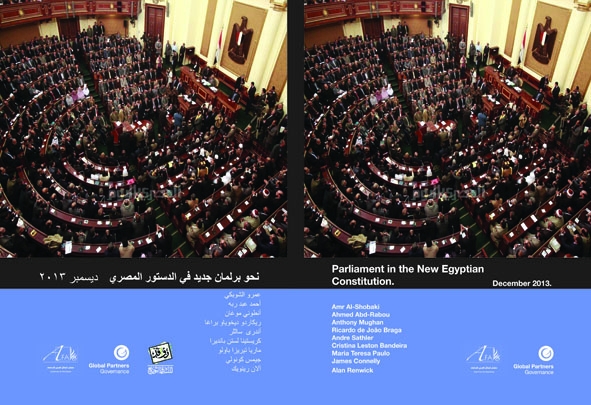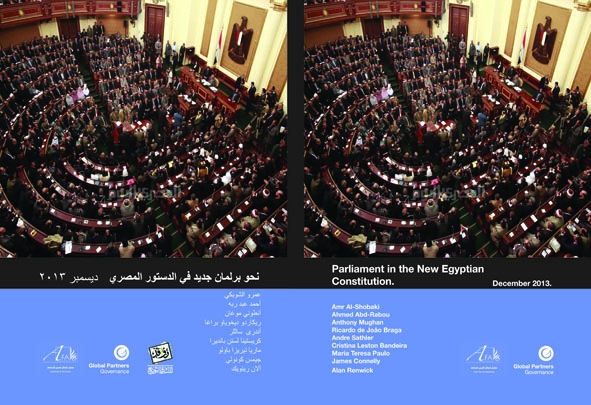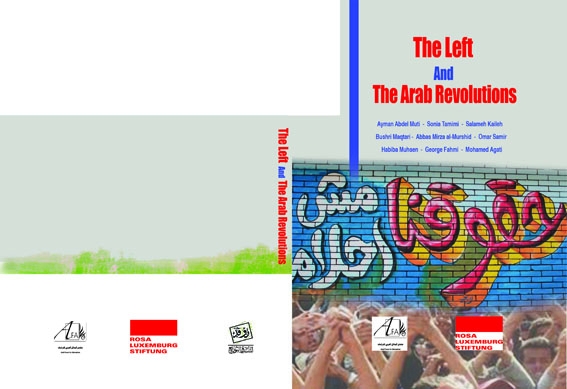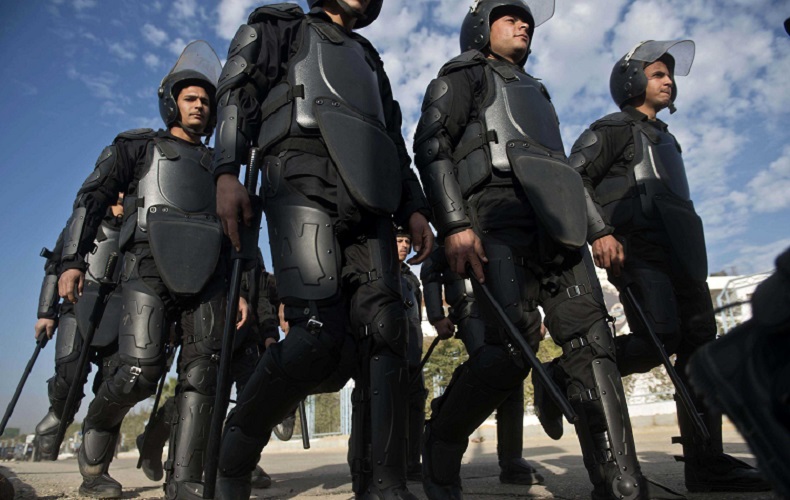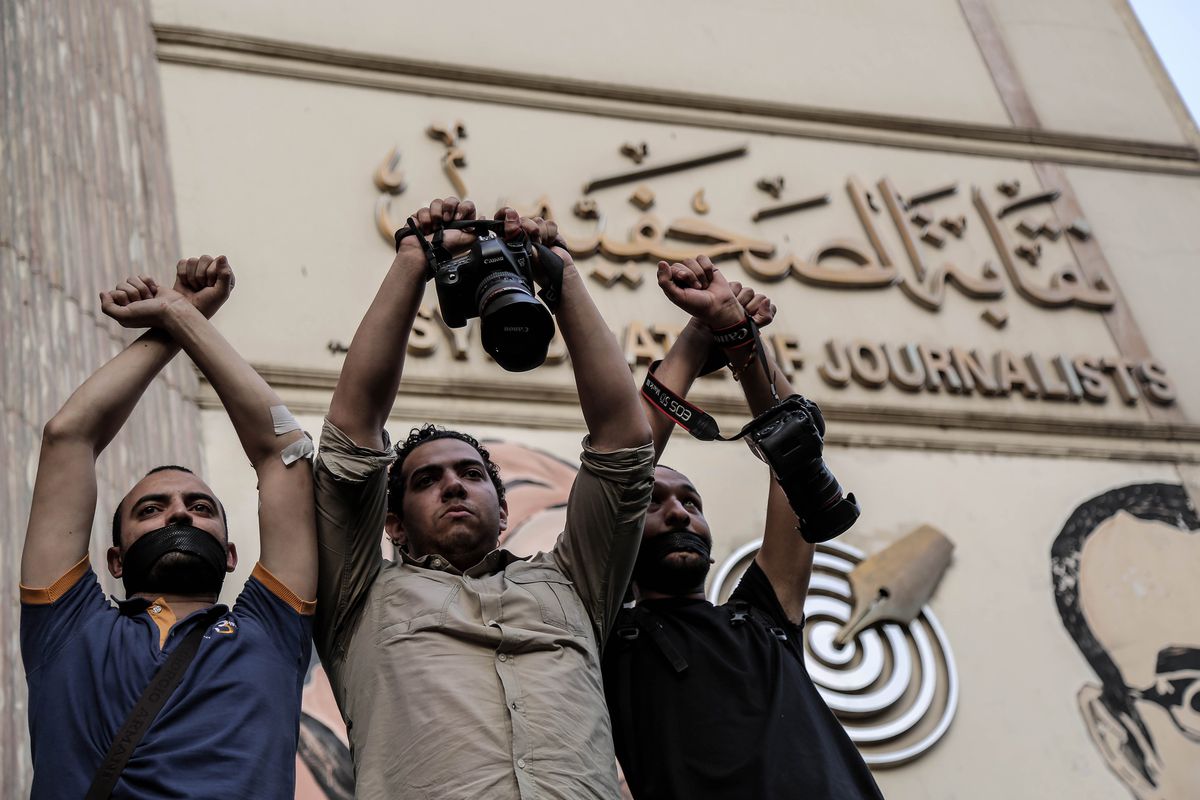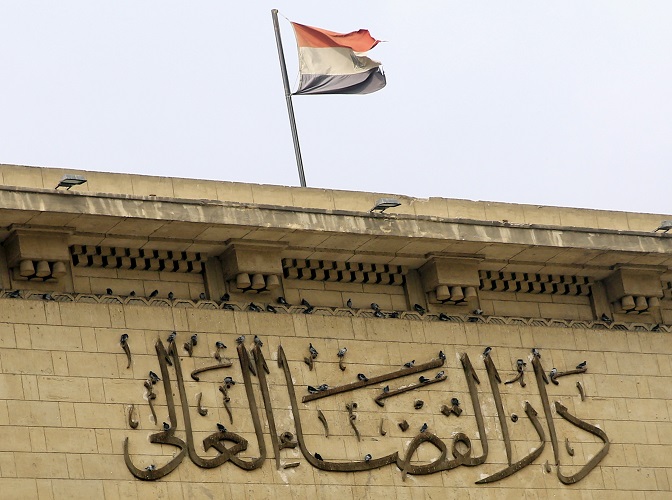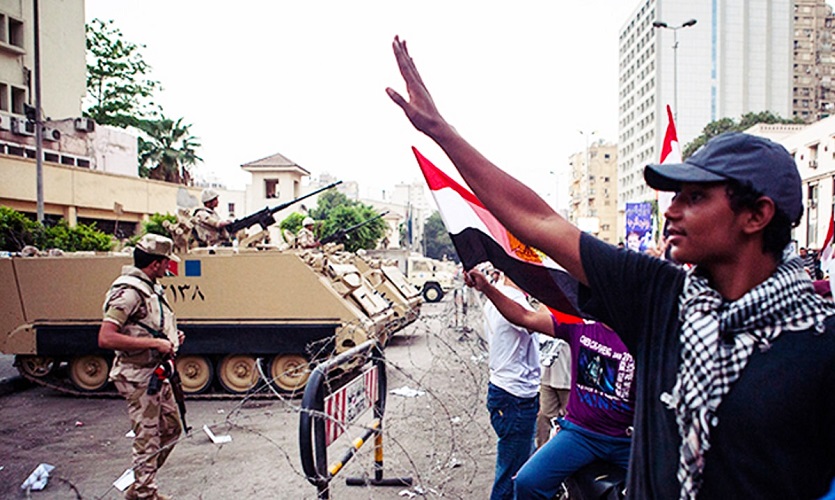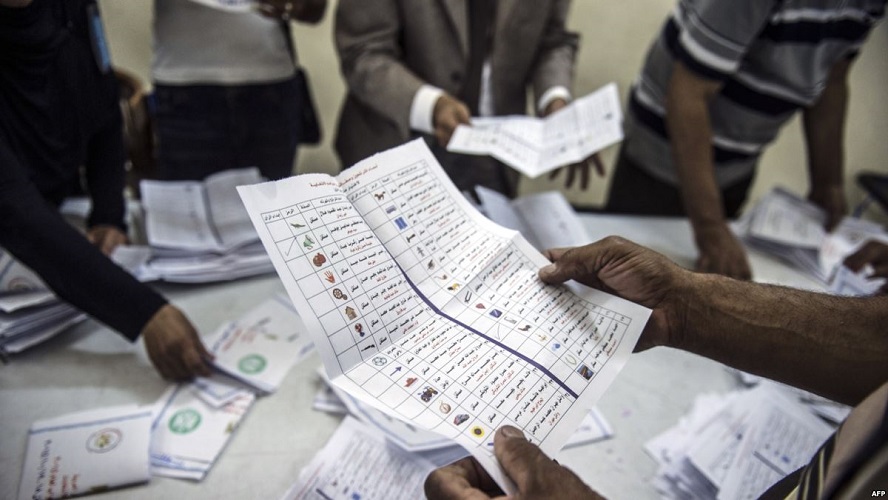Youth Movements Post January 25th Liberation thoughts in face of Mubarak’s institutions
Georges FahmiYouth movements, that became very active during the transitional period and till now, are among the most important manifestations of new ideas of aiming at changing the rules of the political game after the January 25th revolution. This paper aims at analyzing work and activities of these youth movements and nature of challenges they face pursuing changing the rules of the political game after the revolution and to what extent they can replace these rules with new ones. First: New ideas and liberating the public space: Part of the youth chose to engage in civic activities and social movements…



